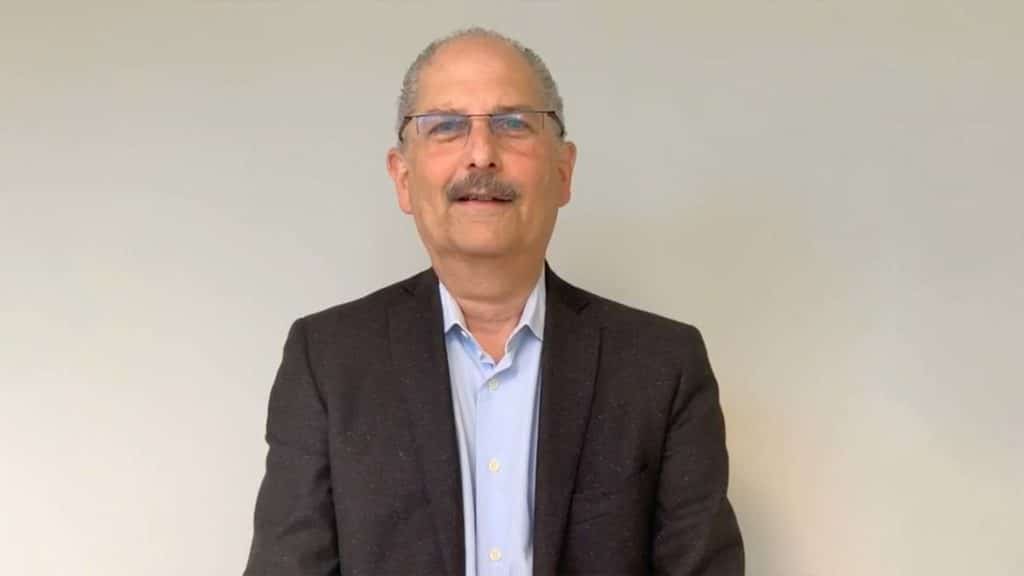The Osteosarcoma Institute was established in 2017 with the goal of improving the outcomes of patients with osteosarcoma. It was envisioned by the What Would Willie Want (QuadW) Foundation, which was created in 2005 to honor the memory of Willie Tichenor, who lost his life to osteosarcoma at age 19.
QuadW convened a conference to challenge experts in osteosarcoma research to expedite work that could improve outcomes. This meeting led to the formation of OSI, with a foundational grant of $10 million from QuadW. The inaugural meeting of the OSI Strategic Advisory Board led to a strategic plan to work collaboratively with researchers, pharmaceutical companies, and other foundations. It also established a mechanism to review and fund innovative osteosarcoma clinical trials and transformative science focused on filling gaps in our understanding of the biology of the disease and the approaches needed for successful treatment.

Dr. Lee Helman – OSI Director
Progress in the Making
Since we commenced operations, the OSI has funded two innovative clinical trials in osteosarcoma, two correlative science grants that support osteosarcoma clinical trials, and four translational science grants aimed at filling knowledge gaps. The clinical trials each include two novel drug combinations, one using two drugs targeting known DNA repair defects in osteosarcoma and the other taking an immunotherapy approach by combining an immune checkpoint inhibitor with an investigational drug designed to activate T-cells. We look forward to initial data from these clinical trials in 2022. One correlative science study collects tumor genetics data at the time of surgery and links the data to patient outcomes. The other assesses predictors of tumor response to an investigational tumor lysate mRNA vaccine.
In addition to reviewing and funding science, we have created OSI Connect (formerly OSI Hotline), a one-of-a-kind resource available to patients and their families and to reach physicians across the world to discuss general strategies for treatment and available local resources for care relevant to a specific patient with osteosarcoma.
We have also expanded our Strategic Advisory Board, which now includes expertise in computational biology, immunology, genomics, biological chemistry, clinical trial design, and veterinary oncology. We have established committees to facilitate our newest plans, such as providing support to pharmaceutical and biotechnology companies interested in early clinical trials in osteosarcoma; encouraging companies with drugs of potential promise to assess these drugs in osteosarcoma; and identifying opportunities for strategic funding of correlative studies and emerging technologies. Fundraising is critical to supporting these aims, and we have enhanced our development efforts accordingly.
Facing Many Challenges
The challenges in improving outcomes in osteosarcoma—which have not improved over the past 35 years—are great, and we are determined to overcome them. Osteosarcoma is relatively rare, and the tumor is enormously genetically heterogeneous. Because of new understanding of this genetic heterogeneity, the widespread availability of tumor sequencing, and the advent of patient-specific treatment approaches for other tumors laying the groundwork for this approach in osteosarcoma, now is the time for progress.
In that regard, we are very pleased that the widely read New England Journal of Medicine recently published a review article, “New Horizons in the Treatment of Osteosarcoma,” authored by Paul Meltzer, M.D, PhD, of the National Cancer Institute, and me as the OSI’s Director. This article suggests some intriguing avenues for progress, and we believe the exposure will lead to more critically needed research in this area.
In our fall 2021 board meeting, we identified new areas of focus: enhancing collaborations between osteosarcoma researchers and investigators working in other fields; developing support for novel trial designs that could meet FDA requirements while expediting the drug review process, and partnering with other groups to create a “moonshot” project focused on osteosarcoma.
The OSI is a young organization making concrete progress to support the scientific community’s studies of the biology of osteosarcoma and the development of new treatment approaches. Our goal is to impact outcomes in the clinic—to improve prognosis in osteosarcoma by rational use of existing and novel therapies. We need to make a difference in the lives of patients.
